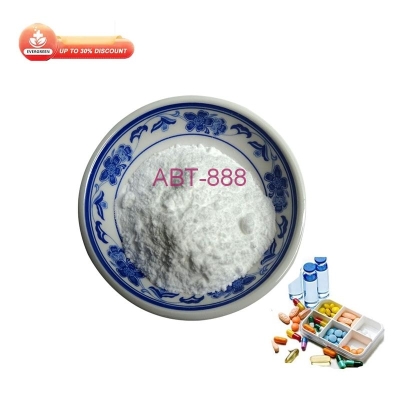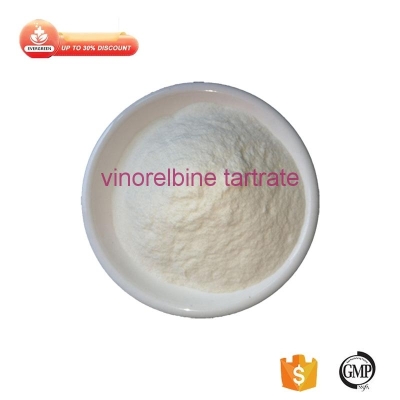-
Categories
-
Pharmaceutical Intermediates
-
Active Pharmaceutical Ingredients
-
Food Additives
- Industrial Coatings
- Agrochemicals
- Dyes and Pigments
- Surfactant
- Flavors and Fragrances
- Chemical Reagents
- Catalyst and Auxiliary
- Natural Products
- Inorganic Chemistry
-
Organic Chemistry
-
Biochemical Engineering
- Analytical Chemistry
- Cosmetic Ingredient
-
Pharmaceutical Intermediates
Promotion
ECHEMI Mall
Wholesale
Weekly Price
Exhibition
News
-
Trade Service
Hepatocellular carcinoma (HCC) is the most common hepatic malignancy, and more than 80% of clinical liver cancers are developed from liver fibrosis or cirrhosis, suggesting that liver fibrosis can directly promote the development
Extracellular vesicles (EVs) are a membranous vesicle structure released by cells into the extracellular matrix, containing proteins, lipids, nucleic acids, metabolites and other components
On May 28, 2020, Wu Qiao's research group of the School of Life Sciences of Xiamen University published a paper in Molecular Cell to elucidate the liver cancer cell through the extracellular vesicle exocrine metabolism enzyme PKM2, inducing monocytes to differentiate into M2-like macrophages to promote the process of
On October 3, 2022, Wu Qiao's research group published a research paper
This study elucidated that during liver fibrosis, TGF-β induces palmitoylation modification of hexokinase HK1 in hepatic stellate cells (HSCs), promoting the exocrism of HK1 through extracellular vesicles, while hepatocellular cancer cells hijack extracellular vesicles HK1 derived from fibrotic HSCs to enhance their own glycolysis capacity and thus promote hepatocellular cancer cell proliferation; In addition, it was found that the small molecule compound PDNPA blocks the HK1 exocrion induced by the TGF-β by targeting the nuclear receptor Nur77, thereby inhibiting the liver cancer process and revealing the new function
The research team extracted the HSCs extracellular vesicles in the resting and activated states, respectively, and analyzed them by protein quantitative mass spectrometry to find potential cancer-promoting proteins
By analyzing clinical liver cancer single-cell data and CCLE databases, the researchers found that hepatocellular carcinoma cells were low-expressing or even non-expressing HK1
The nuclear receptor Nur77 has been reported to inhibit the TGF-β-induced fibrosis process
Based on this, blocking the binding of Nur77 and Akt may avoid Nur77 degradation and ensure that Nur77 inhibits HK1 exocrion
In summary, the study elucidated a new mechanism by which unreported liver fibrosis promotes the liver cancer process and screened to the potential small molecule compound PDNPA to inhibit the liver cancer process
Metabolic reprogramming is one of the important features of tumors, and tumor cells meet rapidly proliferating material and energy needs
Malignant proliferating hepatocellular carcinoma cells like the ancient marching ranks (left) require a large supply
The co-first authors of the paper are postdoctoral students Chen Qitao, doctoral students Zhang Zhiyuan and Huang Qiaoling, Professor Chen Hangzi, and the co-corresponding authors are Professor Wu Qiao and Professor
Original Source:
Chen, Qt.







